Keywords: Critic
There are more than 200 results, only the first 200 are displayed here.
-
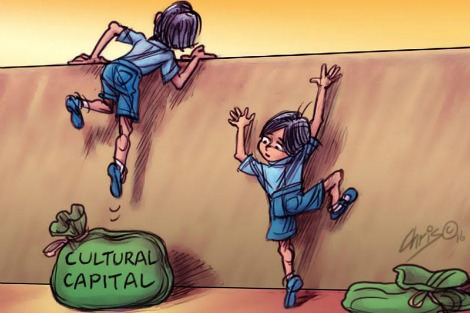
AUSTRALIA
- Sonia Nair
- 24 October 2016
15 Comments
Social theorist Pierre Bourdieu posited the disturbing finding that academic underperformance in lower-class students could be traced back to their lack of cultural capital, defined as 'familiarity with the dominant culture in a society, and especially the ability to understand and use 'educated' language''. According to Bourdieu, the mainstream education system assumes a certain level of cultural capital and as a result, educators speak in a manner that is only understood by a privileged few.
READ MORE 
-
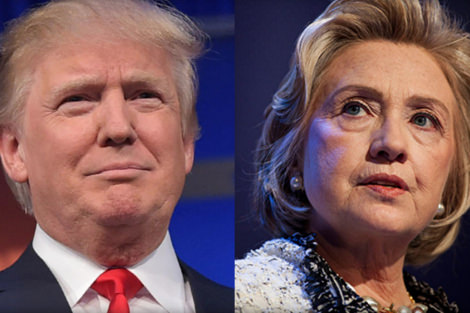
INTERNATIONAL
- Fatima Measham
- 29 September 2016
6 Comments
Trump predictably resorted to insinuation to mask his deficiencies. After the first presidential debate, he said: 'They gave me a defective mic. Did you notice that ... was that on purpose?' It is hilarious until you realise how it would be received by supporters. It captures something of contemporary politics, where the line between conspiracy theory and legitimate anti-establishment criticism is more smudged than ever. A deficit of trust is one thing; a detachment from truth is something else.
READ MORE 
-
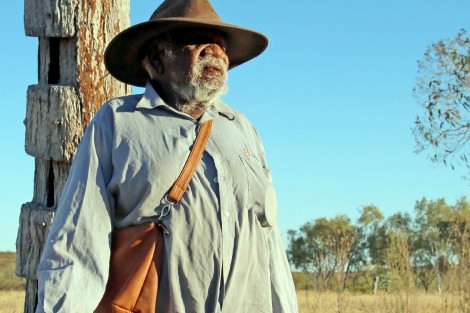
AUSTRALIA
- Moira Rayner
- 23 August 2016
9 Comments
I had been in WA for exactly a year when the local newspaper reported that a white guy had led about 200 people off Wave Rock station. Coming out of the comfortable myth that my home country of New Zealand was not racist, I was amazed to learn that Australia's Indigenous people were obliged to work without industrial protections. In 1966 it was the British Vesteys Group that had been exploiting Aboriginal people: today it is the State in the guise of 'community development', aka work for the dole.
READ MORE 
-
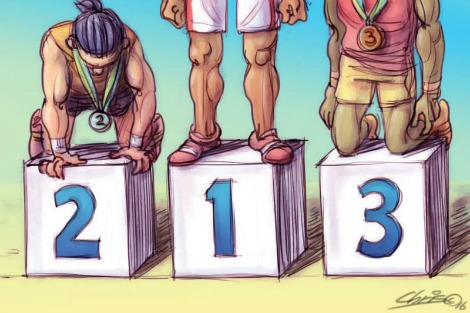
INTERNATIONAL
- Michael McVeigh
- 22 August 2016
9 Comments
Australia appears likely to fall well short of its pre-games medal target. This has led to criticism of the government's funding strategy, which has seen money poured into elite sports where Australia has traditionally been most successful or where medals seemed most likely. This approach inevitably leads people to calculate whether Australia has received 'value for money' for its investments. But it doesn't have much to do with what people actually get out of watching or being part of the Olympics.
READ MORE 
-
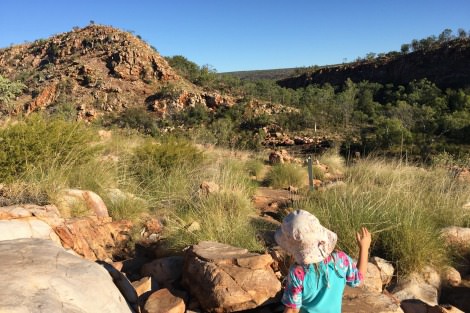
EDUCATION
- Sarah Klenbort
- 04 August 2016
While snorkelling at Ningaloo, we had an underwater lesson, in Auslan, about tropical fish and coral. On a walk to Manning Gorge on the Gibb River Road, I explained the terms 'first' and 'third-person' narrators. As we strolled past boabs, we discussed the merits and drawbacks of each perspective. Kaitlyn's written four stories on the trip so far and she recalled which point of view she chose for each story, and why. I used to criticise parents who thought their kids too precious for school. Now, I'm not so sure.
READ MORE 
-
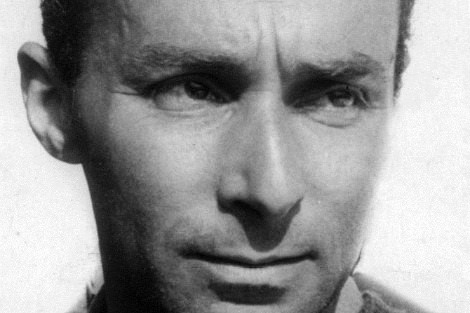
AUSTRALIA
- Brian Matthews
- 25 July 2016
10 Comments
Holocaust survivor Primo Levi wrote If This is a Man to carry out what he saw as the critical task of bearing witness, and he became one of the greatest writers of the 20th century as he continued to bear witness one way and another in later books. Some day, one of Australia's asylum seekers will, like Levi and with the same sense of dread and horror, tell his or her story to ensure that someone bears witness; and to confirm that all of us are implicated.
READ MORE 
-

AUSTRALIA
- Andrew Hamilton
- 26 May 2016
7 Comments
The evidence of misbehaviour by banks has become public at a time when the underlying ideology has also been criticised. The inherent unlikelihood that an economy based on individual greed will benefit the whole of society is now patent. It is seen as much more likely that unregulated competition for material gain will lead to the concentration of wealth in the hands of the wealthy and powerful. Evidence now suggests that inequality hinders the economic growth it was presumed to nurture.
READ MORE 
-

RELIGION
- Andrew Hamilton
- 19 May 2016
13 Comments
The bishops speak less trenchantly than Pope Francis, who criticises sharply the assumptions and practices of neoliberal economics. But in the context of this election, they add their voice to that of those who are concerned about economic assumptions that enrich the few and exempt corporations and business from social responsibility. Their statement will encourage those who see the now notorious behaviour of banks, finance business and corporations as symptomatic of a vicious economic ideology.
READ MORE 
-
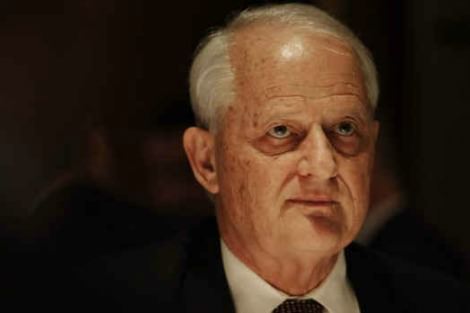
AUSTRALIA
- Justin Glyn
- 15 February 2016
7 Comments
If Phillip Ruddock's appointment as Australia's first special envoy to the United Nations on Human Rights is about demonstrating the worthlessness of current international human rights protection structures (and the consequent hollowness of their criticisms of Australia), it is a rather short sighted one. Appointing a person with a weak record of upholding human rights in the area where Australia itself is weakest sends the unmistakable signal that Australia is no longer committed to the human rights project.
READ MORE 
-

ARTS AND CULTURE
- Jim McDermott
- 28 January 2016
4 Comments
Not long ago a priest visiting from abroad told me that the story of Spotlight doesn't really apply to his country. 'We don't have that problem here.' It's a comment you get somewhat regularly from some parts of the world. Would that it could only be true. Without a much greater willingness on the part of the institutional Church to let itself be broken and changed by what we have learned since January of 2002, it's more likely a sign of disasters still to come.
READ MORE 
-
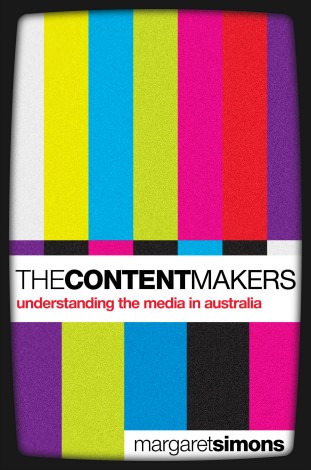
MEDIA
- Jeff Sparrow
- 27 January 2016
13 Comments
Josh Bornstein compared the ABC to the victim in an abusive relationship, desperately trying to ward off the next blow by anticipating the criticism of its enemies. Certainly, enlisting Andrew Bolt to participate in a documentary on Indigenous constitutional recognition seems like a pre-emptive defensive move against the accusations of bias that are routinely levelled against the national broadcaster. For Bolt the arrangement is win-win; for the ABC it's yet another example of self-sabotage.
READ MORE 
-

ARTS AND CULTURE
- Tim Kroenert
- 21 January 2016
2 Comments
It's less than a year since we lamented the lack of non-white faces among 2015's Oscar nominees. This year the situation is even grimmer, with not one non-white face among 20 nominees for acting awards, despite a raft of clear contenders. It is ironic, because at first glance, concepts of empowerment and inclusion seem to have been at the forefront of Academy members' minds. The theme of bringing marginalised or oppressed groups into the centre, or of restoring power and dignity to vulnerable individuals from whom it has been stripped, run through many of this year's nominated films.
READ MORE 